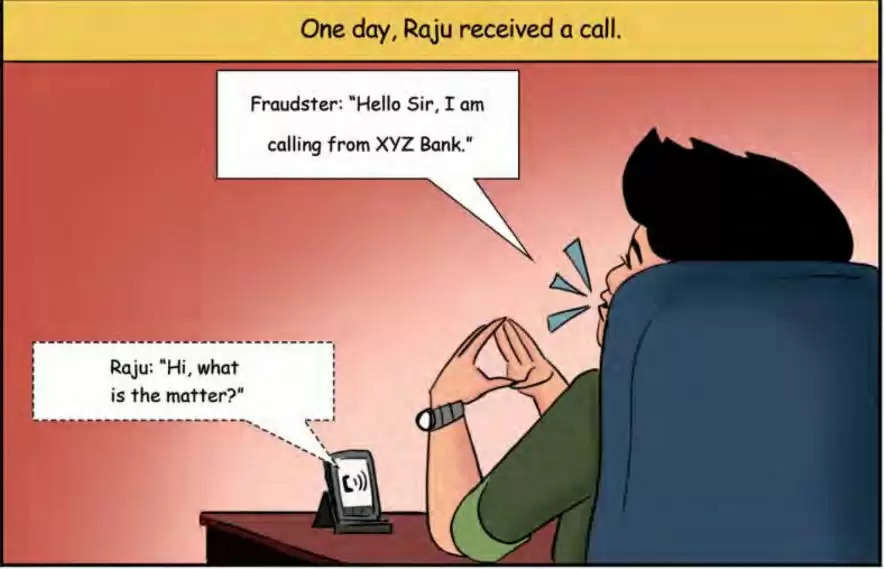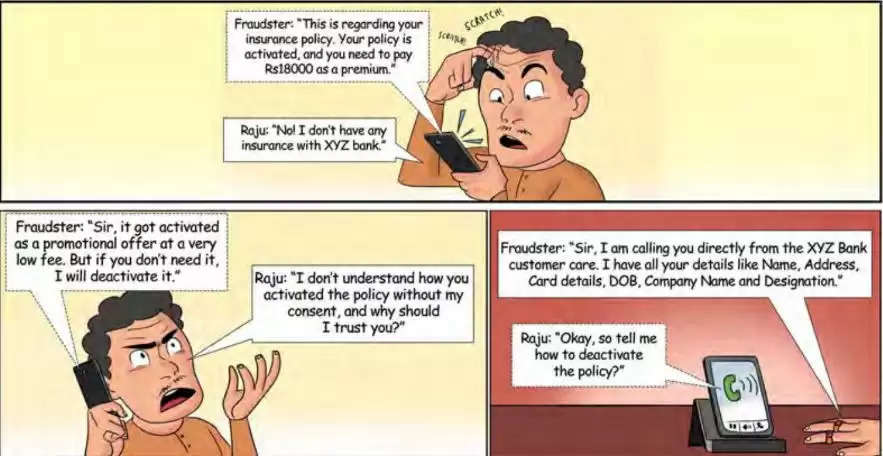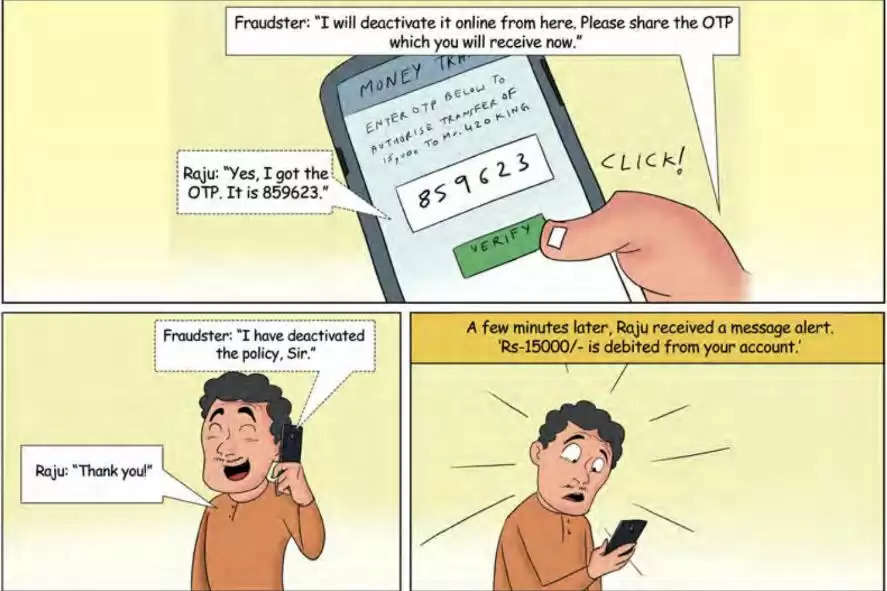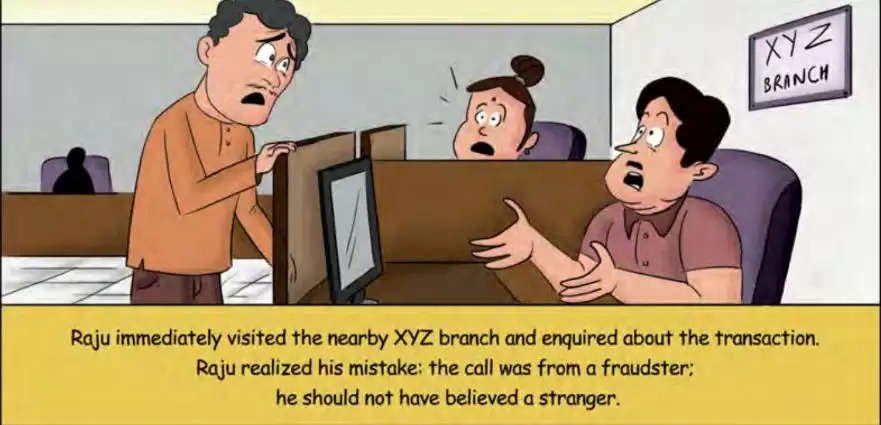Cyber Fraud Part 2 - Beware of Vishing Call Frauds
A vishing phone call is a fraudster using social engineering to obtain your personal and financial information
Your OTP functions as a key to your secured wealth. Stay clear from fraudsters that are interested in your money. Cybercrime has been a daily news story since the Covid-19 period. In one way or another, fraudsters are scamming a lot of people. A small bit of cyber knowledge is necessary to protect you against scammers. The subject of this post will be vishing calls received from fraudsters.
Vishing calls are fraudulent phone calls intended to urge recipients into giving up cash or personal information. These are what are known as telephone scams, in which criminals pretend to be representatives of reputable organizations, businesses, or governmental agencies.
How does this scam happen?
Scammers or "vishers" frequently offer exaggerated or false rewards, goods, or services. Then, in order to get you to pay more fees, they ask for your credit card number or other personal information. Someone may phone you pretending to be a person from your bank branch and question you about your insurance policy and any accounts you have that need to be updated. They may also say that they are calling from 'xyz' bank.


These calls present you with various threats that will lead you to believe that they could be real. If you don't provide them money or information, they'll threaten you with negative outcomes like fines or penalties. Unwanted calls claiming to be able to assist you with debt, unpaid taxes, or prior fraud cases.
A few people will inform you of positive developments, such as a notification claiming you are the winner of a prize in a competition that you did not enter. Assurances of increased profits on your investment. Offers from firms you haven't heard of or with whom you don't conduct business.
Result of these scams:
A scammer will utilize social engineering techniques such as account numbers and passwords during a vishing phone call to force you into disclosing personal and financial information. The fraudster may claim that your account has been blocked as a representative of your bank or police enforcement, or offer to assist you with the installation of software.

You will suffer significant financial loss if you fall for a trap. Even if you don't fall for the trick, the fraudsters will still know how to trick you. They will attempt again since they are aware that someone on the other side may be a scam victim.

What to do when you receive such calls?
- Never trust anybody without first checking with your relationship manager or local bank branch.
- If a caller asks for personal information such as your account numbers, Social Security numbers etc and claims to be from a company you do business with, such as your bank, hang up and dial the company directly. Report the call if it was fraudulent.
- Report the occurrence to the local cybercrime police station and the National Cybercrime Reporting Portal at http://cybercrime.gov.in
- Pay no fees for awards or prizes that are provided over the phone.
Sources: CLICK HERE
To join us on Facebook Click Here and Subscribe to UdaipurTimes Broadcast channels on GoogleNews | Telegram | Signal



